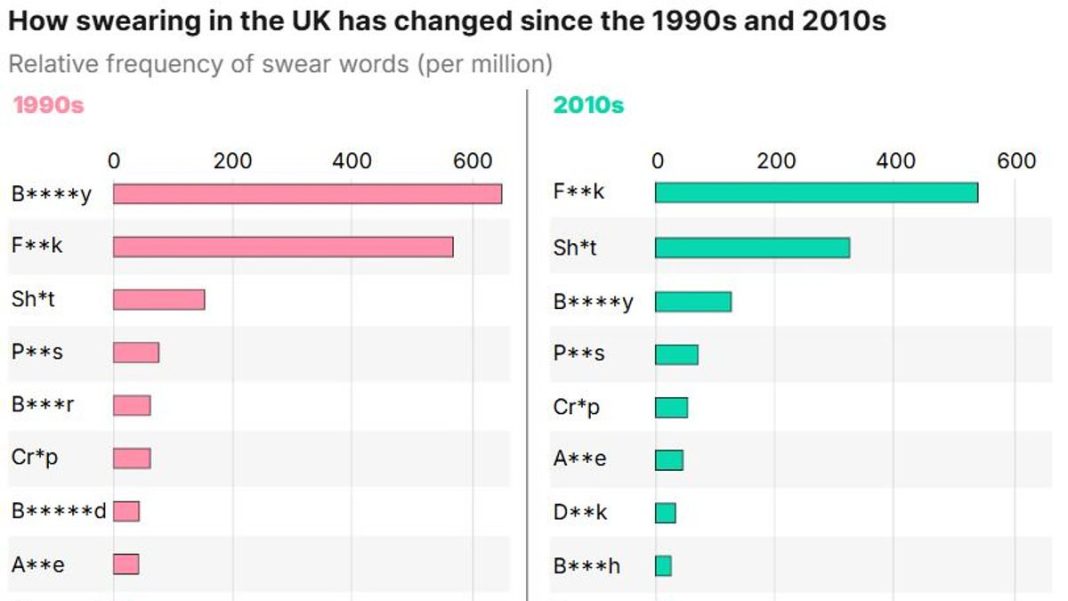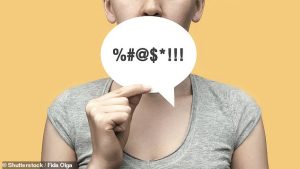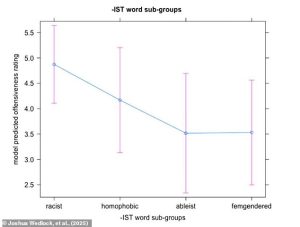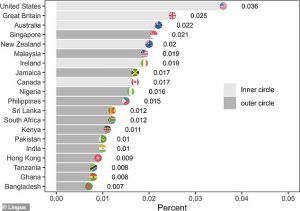Gen Z Redefines Offensive Language: Slurs Outrank Traditional Swear Words
A major linguistic shift is underway as Generation Z now finds racist, sexist, homophobic, and ableist slurs far more offensive than traditional swear words, according to new research from Macquarie University.
Key Takeaways
- 16 of the 20 most offensive terms identified were slurs, not traditional swear words
- Racist slurs ranked as most offensive, followed by homophobic, ableist, and sexist terms
- Traditional profanity related to sex, religion, and bodily functions has lost much of its shock value
- Swearing frequency has declined by over 25% since the 1990s
Changing Taboos in Modern Language
Researchers found that words like ‘bloody’, ‘bugger’, ‘bastard’, and ‘bullshit’ are now considered so tame that many young people don’t even classify them as swear words. Meanwhile, sexual terms such as ‘prick’, ‘dick’, and ‘cock’ ranked among the least offensive terms studied.
Lead author Dr Joshua Wedlock explained: “More traditional terms used as swearwords and considered taboo in the past have fallen out of use and, in some cases, aren’t even recognised by young people today.”
Research Methodology and Findings
The study involved 60 Australian-born university students who rated 55 swear words and slurs based on offensiveness. The results revealed that societal values, rather than word content alone, determine what language becomes taboo.
Dr Wedlock noted: “Language—especially what’s considered taboo—is shaped by culture. As Australian society has become more secular, taboos around religious phrases used as swearwords have generally died out.”
Cultural Influences and Global Trends
The research highlighted American cultural influence, with the N-word consistently rated as the most taboo term among Australian students. Interestingly, slurs targeting Aboriginal Australians were considered less offensive than those targeting black people.
This shift isn’t isolated to Australia. Ofcom research shows similar trends in the UK, where racist and homophobic slurs are increasingly seen as more offensive despite growing tolerance for traditional swearing.
Swearing in Decline But Not Disappearing
Dr Robbie Love, a swearing expert from Aston University, told the Daily Mail: “There is nothing unusual about this development since taboo language has always followed along with broader social values.”
His research confirms swearing frequency has dropped by 27.6% since 1994, from 1,822 to 1,320 swear words per million. However, Dr Love emphasizes that “swearing is not falling out of fashion—it has existed for a very long time and performs a range of functions. The words that people count as swearing change over time.”







